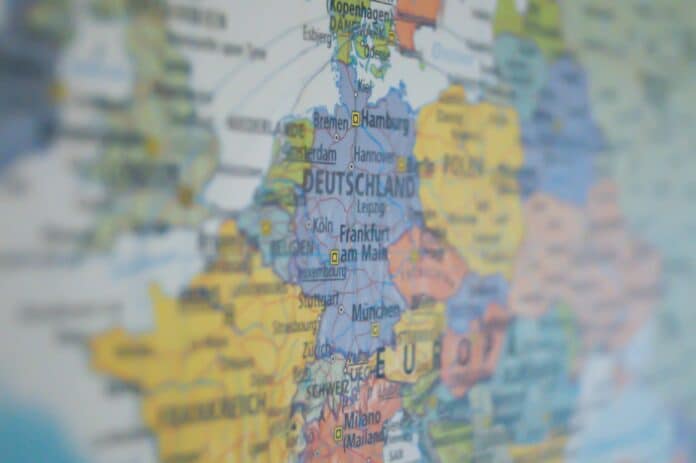Project Reference: 2017-1-PT02-KA105-004161
Programme: Erasmus+
Action Type: Youth Mobility
Countries Involved: 13 (Portugal, Bulgaria, Czech Republic, Romania, Lithuania, Estonia, Greece, Slovakia, Germany, Italy, France, Ireland, Turkey)
Start Date: 01 June 2017
End Date: 31 May 2018
EU Grant: €24,005.00
Why This Project Was Needed
Youth work is now widely recognised as a way to support young people in their personal growth and participation in society.
However, across Europe there is still:
-
No shared definition of youth work.
-
No common framework for recognising it.
-
Few strategies for developing the skills of youth workers.
This makes it hard to answer simple questions like:
-
Who is a youth worker?
-
How does someone become a youth worker?
-
What role do they play in promoting European values and identity?
One reason for this gap is the lack of structured opportunities for youth workers to discuss these questions together. EUTH WORK was created to change that.
The Seminar in Cascais
From 20 to 27 October 2017, 26 youth workers from 13 European countries met in Cascais, Portugal.
They came together to:
-
Share experiences and ideas.
-
Reflect on current youth work practices.
-
Learn from each other through training sessions, case studies, institutional visits, and peer reviews.
Main Goals of the Project
-
Assess youth work’s role in promoting EU values.
-
Understand youth work better – its practices, policies, and systems across Europe.
-
Identify challenges youth workers face in professional recognition, job satisfaction, and personal growth.
-
Improve skills to address unemployment, democratic participation, and social inclusion among young people.
Special attention was given to involving young multipliers from disadvantaged backgrounds. This helped the project focus on reaching marginalised youth and tackling problems like:
-
Early school leaving
-
Unemployment
-
Social exclusion
-
Political disengagement
Expected Impact
By the end of the project, the seminar aimed to:
-
Raise the quality and professionalism of youth workers.
-
Increase recognition of youth work and non-formal education.
-
Strengthen cooperation between European youth organisations.
-
Support national-level youth policy reform.
How It Worked
The seminar used a participatory approach. This meant that all participants actively contributed, creating a “cross-pollination” effect where different experiences, skills, and cultures came together to find new solutions.
Two main outputs were planned:
-
A short video about the role of youth workers.
-
A booklet describing the challenges of youth work and ways to address them.
Long-Term Benefits
The seminar helped youth workers grow in three main areas:
-
Human capital: gaining new qualifications and skills.
-
Identity capital: better self-understanding and confidence.
-
Social capital: building networks and partnerships.
These benefits aim to make youth work more attractive and recognised across Europe, while improving employment and entrepreneurship opportunities for youth workers.
Ultimately, EUTH WORK supports the Europe 2020 Strategy goal of reducing youth unemployment.










